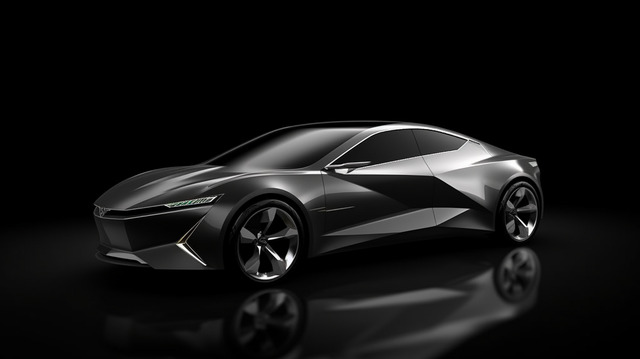Hybrid cars are still popular as consumers look for more fuel-efficient and environmentally friendly transportation options. This comprehensive guide examines the pros and cons of hybrid vehicles, covering their benefits, types, maintenance and the future of hybrid technology.
What are hybrid cars?
Hybrid cars combine two different energy sources: a traditional internal combustion engine (ICE) and an electric motor. This dual system allows hybrids to switch between power sources or use both at the same time, improving fuel economy and reducing emissions.
Types of hybrid cars
Parallel hybrids: The engine and electric motor can drive the car independently or together.
Series hybrids: The electric motor is the primary power source, with the ICE acting as a generator.
Plug-In Hybrids (PHEV): Can be charged via an external power source, allowing longer electric-only ranges.
Advantages of hybrid cars
Fuel efficiency
One of the most significant advantages of hybrid cars is better fuel consumption. By utilizing the electric motor during low-speed driving or stop-and-go, hybrids can achieve higher miles per gallon (MPG) than traditional gasoline-powered vehicles.
Impact on the environment
Hybrid cars produce less emissions compared to their conventional counterparts. Reduced fuel consumption translates directly into lower carbon dioxide (CO2) emissions, helping to mitigate the impact of global warming and air pollution.
Cost savings
While the initial purchase price of hybrid cars may be higher, the fuel savings and potential tax incentives can offset the initial cost over time. In addition, hybrids often have lower maintenance costs due to less wear and tear on the ICE and regenerative braking systems.
Popular hybrid models
Toyota Prius
The Toyota Prius is probably the most iconic hybrid car, known for its reliability and efficiency. It features a parallel hybrid system and offers impressive fuel economy, making it a popular choice for environmentally-minded drivers.
Honda Insight
The Honda Insight is another leading hybrid model that offers sleek design and advanced technology. It combines a 1.5-liter Atkinson cycle engine with an electric motor to provide a smooth and efficient ride.
Ford Fusion Hybrid
The Ford Fusion Hybrid combines performance with sustainability. Its advanced hybrid system delivers excellent fuel economy without compromising on performance, making it a versatile choice for a variety of driving needs.
Maintenance and lifespan of hybrid cars
Battery life
The battery in hybrid cars is a critical component. Most hybrid batteries are designed to last the life of the vehicle, usually around 100,000 to 150,000 miles. Manufacturers often provide extensive warranties on hybrid components, offering owners peace of mind.
Routine maintenance
Hybrid cars generally require less frequent maintenance compared to traditional vehicles. The regenerative braking system reduces brake wear and, thanks to the help of the electric motor, the engine is less stressed. Regular maintenance, such as oil changes and tire changes, remains essential.
Routine repairs
While hybrid cars are reliable, they are not immune to problems. Battery replacement can be expensive if necessary outside of warranty coverage. Other common repairs may include problems with the inverter or problems with the hybrid system’s electronics.
The future of hybrid technology Advances in battery technology The future of hybrid cars is closely linked to advances in battery technology. New developments in solid-state batteries promise higher energy density, faster charging and better safety. These innovations could significantly increase the performance and appeal of hybrid vehicles.
Integration with renewable energy sources
As renewable energy sources continue to dominate, hybrid cars can further reduce their impact on the environment. Plug-in hybrids in particular can benefit from solar or wind charging, making them even more sustainable.
Autonomous hybrid vehicles
The integration of autonomous driving technology with hybrid systems is another exciting development. Autonomous hybrids could optimize fuel consumption by using real-time data to adjust driving patterns and energy consumption, providing an even more efficient and convenient transportation solution.
Conclusion
Hybrid cars represent a significant step forward in the automotive industry, offering a balance between performance, efficiency and environmental responsibility. As technology continues to advance, hybrid vehicles are likely to become even more popular, paving the way for a cleaner, more sustainable future in transportation.
For those considering a hybrid car, it is essential to weigh upfront costs against the long-term savings and environmental benefits. With a range of models available, there is a hybrid car to suit almost every lifestyle and driving need.

